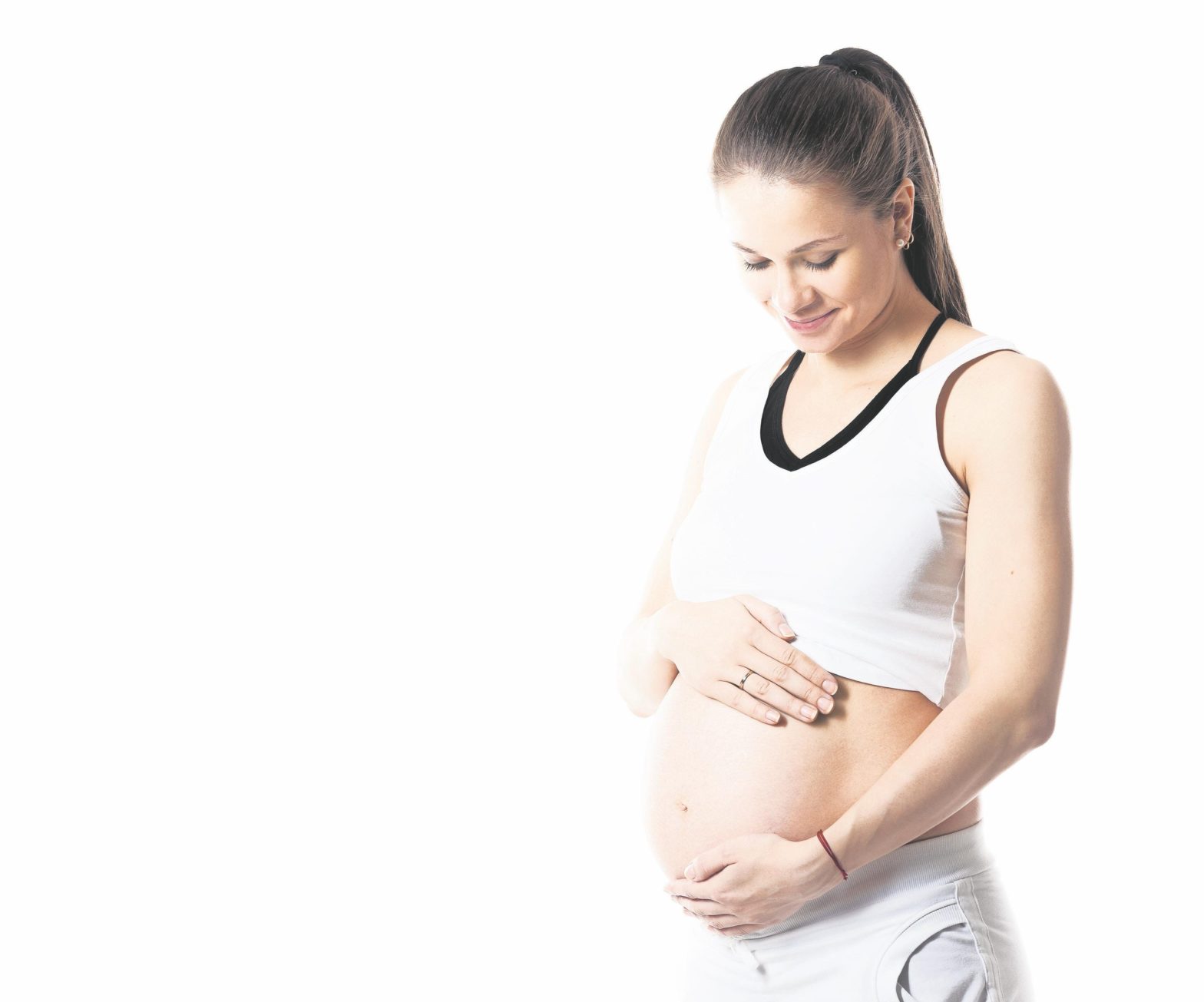![[CONTRIBUTED PHOTO]](http://127.0.0.1/wordpress/wp-content/uploads/2022/01/ghows-DA-74082a76-1833-209f-e053-0100007f1867-7ec74205-scaled.jpeg)
The risk of experiencing a heart attack during pregnancy or soon after is on the rise. Experts want women to watch out for warning signs of heart trouble and know their risk factors.
The risk of suffering a heart attack during pregnancy, while giving birth or two months after delivery rose 25 percent from 2002 to 2014, according to a study published in July in Mayo Clinic Proceedings and led by New York University School of Medicine researchers.
For the 13-year study, researchers examined just under 50,000,000 hospital births recorded and found that 1,061 women experienced heart attacks during labor and delivery. An additional 922 women were hospitalized for heart attacks before giving birth, as were 2,390 more during the recovery period after birth.
“The most important takeaway from our study is that women who are considering pregnancy should know their cardiovascular risk factors and should work with their doctors to control them before they get pregnant,” said Dr. Nathaniel Smilowitz, interventional cardiologist and assistant professor of medicine at NYU Langone Health. “This includes controlling high blood pressure, lowering high blood sugars, quitting smoking and, in the setting of obesity, losing weight. Women who are pregnant and develop chest pain should never overlook the symptoms and should seek immediate medical care.”
While a 25 percent increase in heart attack risk is an alarming statistic, it needs to be looked at in context.
“The absolute risk of heart attack during pregnancy is very low, so despite the 25 percent increase in the rate over time, this still affects relatively few women each year,” Smilowitz said.
The risk is very real, though.
“Among women who had heart attacks during pregnancy, 4.5 percent died in the hospital. This is a very high mortality (rate) for an otherwise young and healthy group of women,” Smilowitz said.
The study serves as a reminder that pregnancy is a greater stress on the body than most people realize.
“During pregnancy, blood volume increases by up to 50 percent, the heart rate and cardiac output increases, the risk of clotting increases, and there are significant changes in the circulating hormones. Most women’s bodies handle the stress of pregnancy without complication,” Smilowitz said.
Recognizing and controlling cardiovascular risk factors can help women avoid additional stress on the body during pregnancy.
“Early recognition of the symptoms of a heart attack is also essential so that the diagnosis can be made promptly and treatment can be initiated,” Smilowitz said.
Chest pain or pressure is the most concerning symptom of heart attack, particularly if it is worse with physical exertion.
“Shortness of breath, chest burning, nausea, jaw pain and arm pain are also concerning symptoms. Unfortunately, some of these symptoms may overlap with common symptoms of a healthy pregnancy, which may complicate matters,” Smilowitz said.
The common risk factors for heart disease that can be modified through lifestyle changes or medications include high cholesterol, poorly controlled high blood pressure and tobacco use, Smilowitz said.
This article originally appeared on Santa Rosa Press Gazette: What to know about heart attacks and pregnancy
